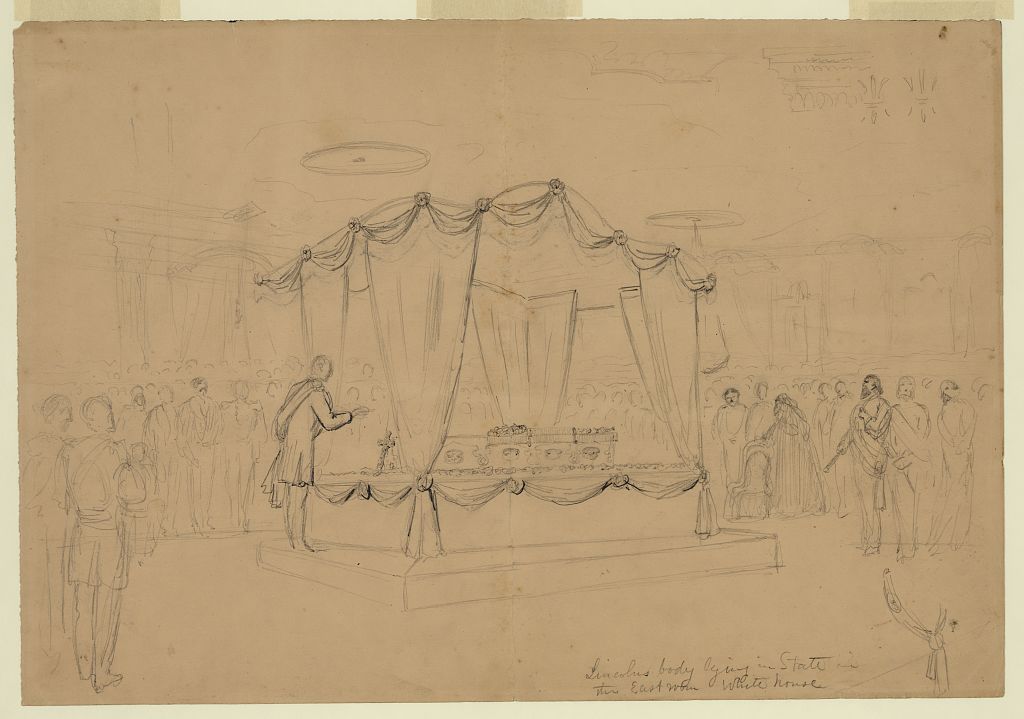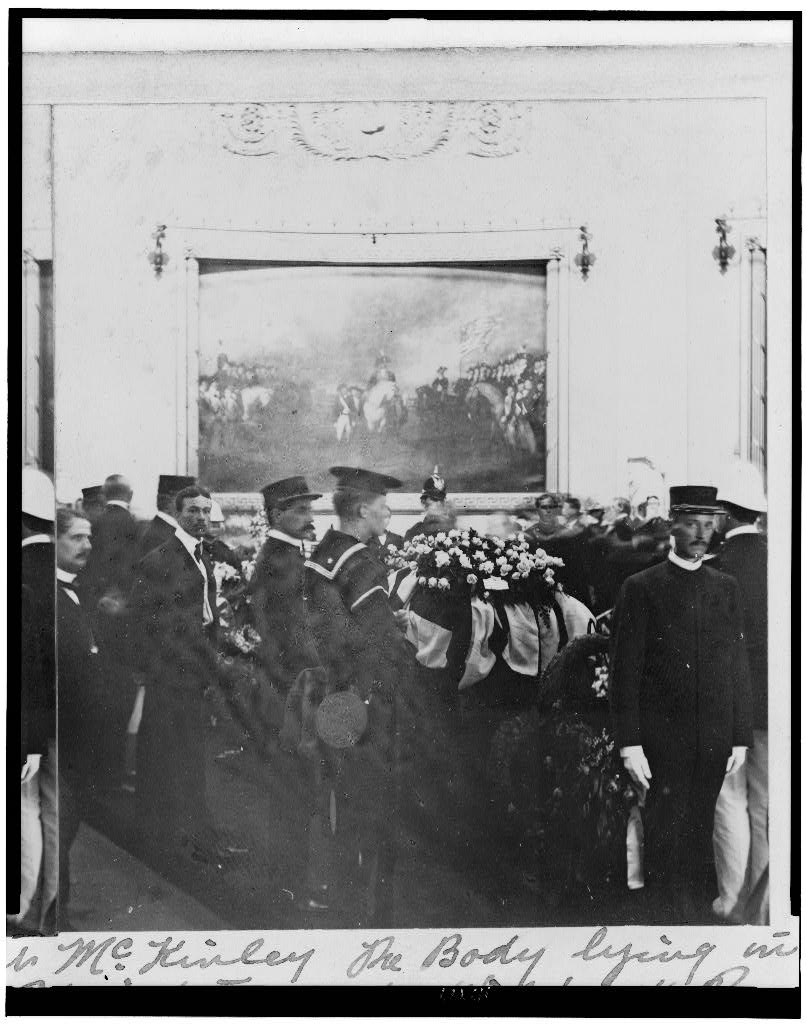The recent passing of Senator Inouye [D-HI] led to a discussion among some friends about who can lie in state in the Capitol. I asked the Law Library’s instructional librarian, Pam Craig, whether it took an act of Congress to permit this. And indeed it does.
To allow the Capitol’s rotunda to be used for this ceremony, the House and Senate pass a concurrent resolution:
A legislative measure, designated “S. Con. Res.” and numbered consecutively upon introduction, generally employed to address the sentiments of both chambers, to deal with issues or matters affecting both houses, such as a concurrent budget resolution, or to create a temporary joint committee. Concurrent resolutions are not submitted to the president and thus do not have the force of law.
The Congress recognizes two types of memorial services: lying in state and lying in honor. State means an individual has served in elected office (typically as President, Senator, or Representative) or military officers (as in the case of General John J. Pershing and several Unknown Soldiers). Honor is a newer designation and indicates that an individual has made historic or significant contributions to the United States.
In 1998, Congress authorized the use of the rotunda for a memorial service to the first individuals to lie in honor: Detective John Gibson and Private First Class Jacob Chestnut. They were both United States Capitol Police who were killed in the line of duty in the Capitol. Rosa Parks was the third individual and the first woman to lie in honor.
The Architect of the Capitol, the agency that oversees all Congressional buildings, maintains a full list of the individuals who have lain in state or honor in the Capitol.

Lincoln’s body lying in state in the East room of the White House, April 1865. Artist: Alfred R. Waud.
The Capitol isn’t the only place that someone may lie in state; Presidents Abraham Lincoln and Warren G. Harding have also lain in state in the White House in addition to the Capitol. It is common to have public viewings of caskets for Senators and Representatives back in their home states.

